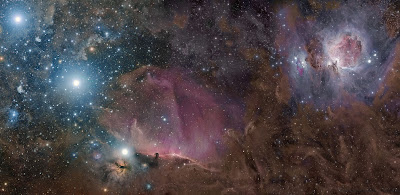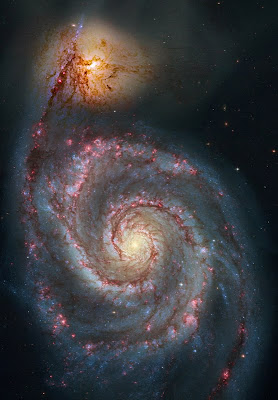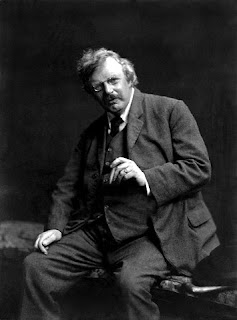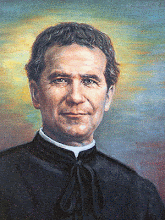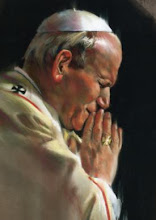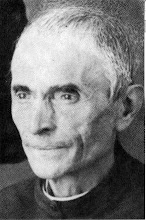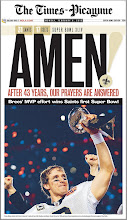Every year since I was a little girl, my mother and I go to a sing-along of Handel’s incredible masterpiece, the Messiah, during Advent. We bundle up, grab our music scores, find a seat with our fellow altos, and sing our hearts out. If you’ve never really listened to the Messiah you must do it this Advent.
It begins with the words of the biblical prophets foretelling the coming of Our Lord. Then it draws from St. Luke’s Gospel and shares the joy of the Nativity. It masterfully weaves Scripture together to carry the listener to Calvary and on to the Resurrection. It’s beautiful. And if you can sit through a performance with dry eyes, you’re not paying enough attention.
Each year I notice something that’s never struck me before and last year, it was the words of the prophets. These were the words that surprised me:
Thus saith the Lord, the Lord of hosts: Yet once a little while and I will shake the heavens and the earth, the sea and the dry land. And I will shake all nations; and the desire of all nations shall come. (Haggai 2: 6-7)
Well that sounds…..scary. The desire of all nations is, of course, Jesus. But what is this about shaking the heavens and the earth? That image didn’t seem to fit in with the room full of sing-alongers wearing Christmas sweaters and looking forward to snacking on cookies and punch after the performance.
I don’t enjoy being shaken up. I like to be in control. I like predictability. I like security. But that’s not what the Incarnation offers us! God himself wasn’t born of a woman to share in our humanity so that I could be comfortable. He came to shake us up. Shake us out of our apathy. Shake us out of our false security. Shake us out of our sin.
And it gets worse! As the music of the Messiah continues, a soloist stands up to sing the words of Malachi 3:2:
But who may abide the day of His coming, and who shall stand when He appeareth? For He is like a refiner’s fire.
It’s gone from scary to terrifying! When He comes, no one can stand before him. Advent, “the coming,” is not just a heart-warming event for Christmas cards–instead, we’re asked who can abide the day of His coming? For He is like a refiner’s fire, the heat that purifies precious metals, removing all that’s flawed. If He is the refiner’s fire, then we are the metal being purified. And that sounds more than uncomfortable, it sounds excruciating.
We’ve made a huge mistake. We’ve made the Incarnation safe and comfortable. We like it warm and fuzzy with soft lambs bleating as they rest on clean hay. And, yes, it is beautiful and joyful and splendid. But we’ve sanitized it and we’ve forgotten how terrifying it is that God shares our humanity and comes like a earthquake, like a fire. To shake us up, and to purify us.
So how do we move from abject terror at the idea of the Incarnation to the Joy of Christmas? I think it has to do with letting go of the sin we cling to. We have to submit. We have to lay down our false security, our desire for control, and let Him shake us up. We have to offer our hearts to Him so that He can consume all our sin with the fire of his immeasurable love until we are stripped of all impurity. And it won’t happen in just one Advent season. We’re looking at a lifetime.
And who can stand when he appeareth?
As I meditated on this verse, I considered the image of Our Lady at the Annunciation, kneeling and saying “be it unto me according to thy word.” Who can stand? We certainly cannot. But we can kneel like Mary, giving our own “fiat” and offering our hearts to be shaken up and our sin to be burned away.
The first Sunday of Advent is called Stir Up Sunday as the opening collect of the Mass is “Stir up Thy might, we beg Thee, and come.” Are we ready to say that prayer? May we be prepared to desire His coming, be shaken, and be consumed by the fire of his love. May He stir up our hearts this Advent and mold us into what he desires us to be.

